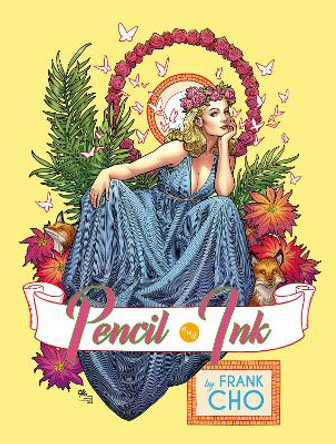Description
This first translation into English of The Tale of Cho Ung offers a glimpse into the vernacular and popular literature of the late Choson period, exemplifying the types of stories and heroes that were favored by its reading public. The tale emphasizes individual affections and ethics between child and parent, husband and wife, subject and ruler, pupil and teacher, yet explores human life in all its complexity, even subtly dissenting against traditional Korean social norms. This unabridged translation draws upon the many surviving editions of the novel, which vary in length and format. In her introduction, Sookja Cho addresses how the novel evolved and changed over time, while her annotations help to reveal the depths of a text that conveys the richness and complexity of premodern Korean literature and culture.
About the Author
Sookja Cho is assistant professor of Korean and comparative literature at Arizona State University.
Reviews
The Tale of Cho Ung is splendid entertainment, bildungsroman and a serious commentary on human morality all rolled into one, which makes it a book for all kinds of readers. * Asian Review of Books *
This tale is also a lively expression of traditional Korean cultural ideals. * Choice *
I . . . would happily recommend the book to academic colleagues, students and anyone with an interest in traditional Korean literary culture as well as East Asian and comparative literature. -- Grace Koh * European Journal of Korean Studies *
Readers might close the book fully satisfied with a glimpse of vernacular fiction from another time. -- Terry Hong * The Christian Science Monitor *
This book provides a rewarding experience for scholars and readers interested in the Korean literary tradition. It would also be excellent material for classes on Korean literature. -- JANET YOON-SUN LEEm Keimyung University * Acta Koreana *
The book provides a useful introduction to the publishing and circulation of narrative fiction that highlights the popularity of fiction set in China. Both introduction and translation reflect broad knowledge of Korean and Chinese literature. The translation is done in an engaging style without sacrificing the nuances of the original. -- John Duncan, University of California, Los Angeles
Despite its brash heroism and thirst for revenge, the dominant motif here is sorrow. Set in medieval China, Cho Ung's martial adventures provoke copious tears, heartfelt lamentations, and abject apologies for ritual failures that are emotionally powerful for the modern reader as well. This is an unforgettable rendition of an extraordinary Bildungsroman. -- Robert E. Hegel, Washington University, St. Louis
This book enriches and expands the study of premodern Korean literature for scholars and general readers alike. -- Chan E. Park, The Ohio State University
This fascinating tale of romance and adventure is a wonderful window into the creative spaces of the late Choson period and the type of entertainment that many in this time sought. Cho's artful translation of this best seller takes readers on wave after wave of intriguing places, bold exploits, and romantic encounters. -- Michael Pettid, Binghamton University
The Tale of Cho Ung translates the heroic world of Cho Ung into readable, effortless English prose. Suppressing the hero's dependence on supernatural powers and featuring his free will both in his military prowess and romantic pursuit, its premodern "realism" will have a particular appeal to modern readers. A major addition to Korean classics in English. -- Jin-Kyung Lee, University of California, San Diego
This is the story of a hero par excellence who is as much a filial son, respectful pupil, loyal husband, and supreme judge of people as he is the ultimate warrior. Sookja Cho poignantly delivers both its poetic elements and popular storyteller qualities, delivering a boon to the growing premodern Korean literature field and all readers ready to indulge Late Choson Korea's distinctive world of martial narrating and moralizing." -- Wiebke Denecke, Boston University
Book Information
ISBN 9780231186100
Author Sookja Cho
Format Hardback
Page Count 240
Imprint Columbia University Press
Publisher Columbia University Press
Series Translations from the Asian Classics












